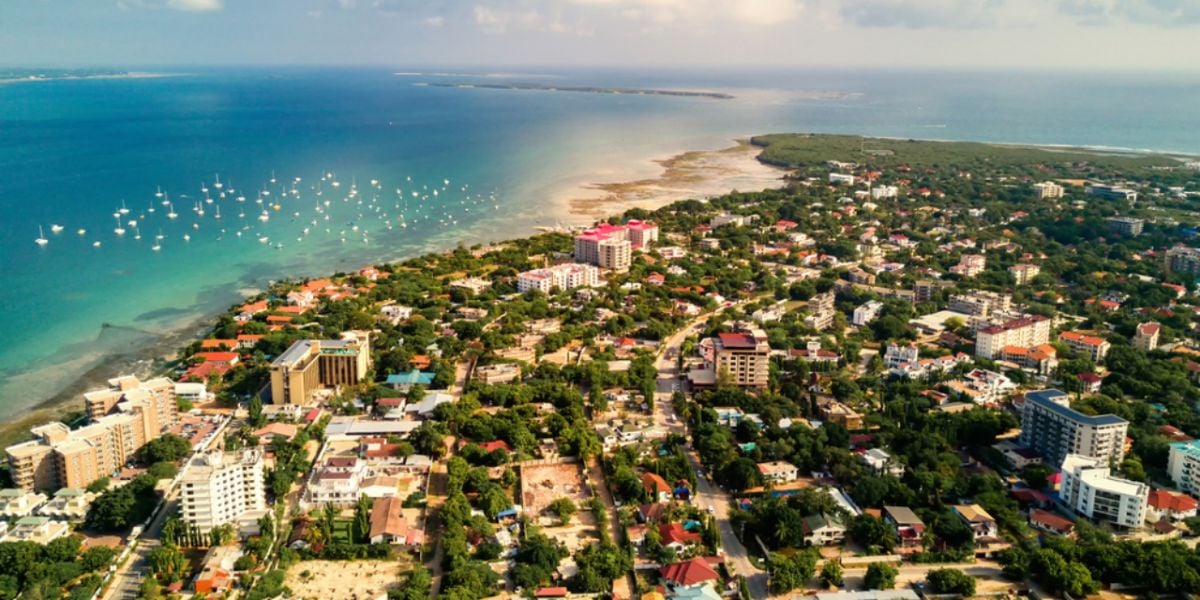
Traveling or moving to a foreign country can be a daunting task. Once the practical elements of the move are complete, you have found a job, and are building a foundation for spending some time in the country, you will experience first-hand the nuances and ways of living within the country and its culture. This article attempts to inform you of such elements of living so as to facilitate as smooth a transition for you and your family as possible.
Diversity
Tanzania is one of the most diverse countries in Africa, so no matter where you come from you are likely to find others from all over that you can connect and engage with. On the country's mainland, about 99% of the population is of African ethnicity, coming from more than 120 different tribes! The population is pretty much evenly split between Christianity (Roman Catholic), Islam, and indigenous religions combined making up the last â.
The native people of Zanzibar are generally of Arab, African, or mixed Arab African descent. The majority of the population of Zanzibar is Muslim.
Health and safety
The tap water in Tanzania is not suitable for consumption, and should only be used for showering and washing your hands. All water consumed and cooked with should come from bottles, which are cheap and widely available.
In general, Tanzania is safe and hassle-free, however, incidents are not unheard of and it can never hurt to keep safe. If you do not walk alone at night, and keep your belongings attended to (especially when in densely crowded areas such as trains or markets), then you should be fine.
Pace of life
The pace of life in Tanzania is likely slower to that that you are used to, especially if you come from a more traditionally Western culture. There is in fact a phrase used in Swahili that reads: 'Haraka, haraka, haina, baraka' which roughly translates to 'Hurry, hurry, there is no blessing.' There is a strong emphasis on community and people, and it is important to take time nurturing and strengthening business and personal relationships.
Conservatism
Regardless of what culture you come from, like in any country, when you enter Tanzania it is important to respect the culture, traditions, and norms that are practised within the country. It is important to keep in mind that personal displays of affection are taboo in Tanzania; and holding hands, hugging, and kissing in public is considered very inappropriate. Further, be sure to cover your shoulders and legs (below the knee).
Tanzanian society is one that also has great respect for the elders. It is critical to keep this in mind as you go about your day-to-day, ensuring you have a basic level of decency and courtesy for those your senior.
Good to know:
Members of certain ethnic groups believe that when their photo is taken, a piece of their soul is taken too. Be respectful and ask for permission before you take any shots.
Cost of living
As an expat, you will find a relatively low cost of living in the country. Markets with fresh produce are aplenty, and it is completely reasonable (and expected!) to barter for goods such as clothing and other items. However, these low costs are only applicable to local goods.
Having a taste of home comforts, unfortunately, comes at a much higher price. Importation costs will render your favourite cereal or block of cheese highly priced, especially when comparing what local value you can get for the same amount of money. For example, you can get many bags of groceries for just a few USD, however, a small block of imported cheese will set you back over $10.
Good to know:
International school fees can also be expensive - be sure to factor this cost in if you have or plan to have children.
Useful links:
Cost of living
Tanzania's water crisis
Cool Blue pure drinking water
News article on conservatism in the country
How to dress in Dar es Salaam
We do our best to provide accurate and up to date information. However, if you have noticed any inaccuracies in this article, please let us know in the comments section below.








